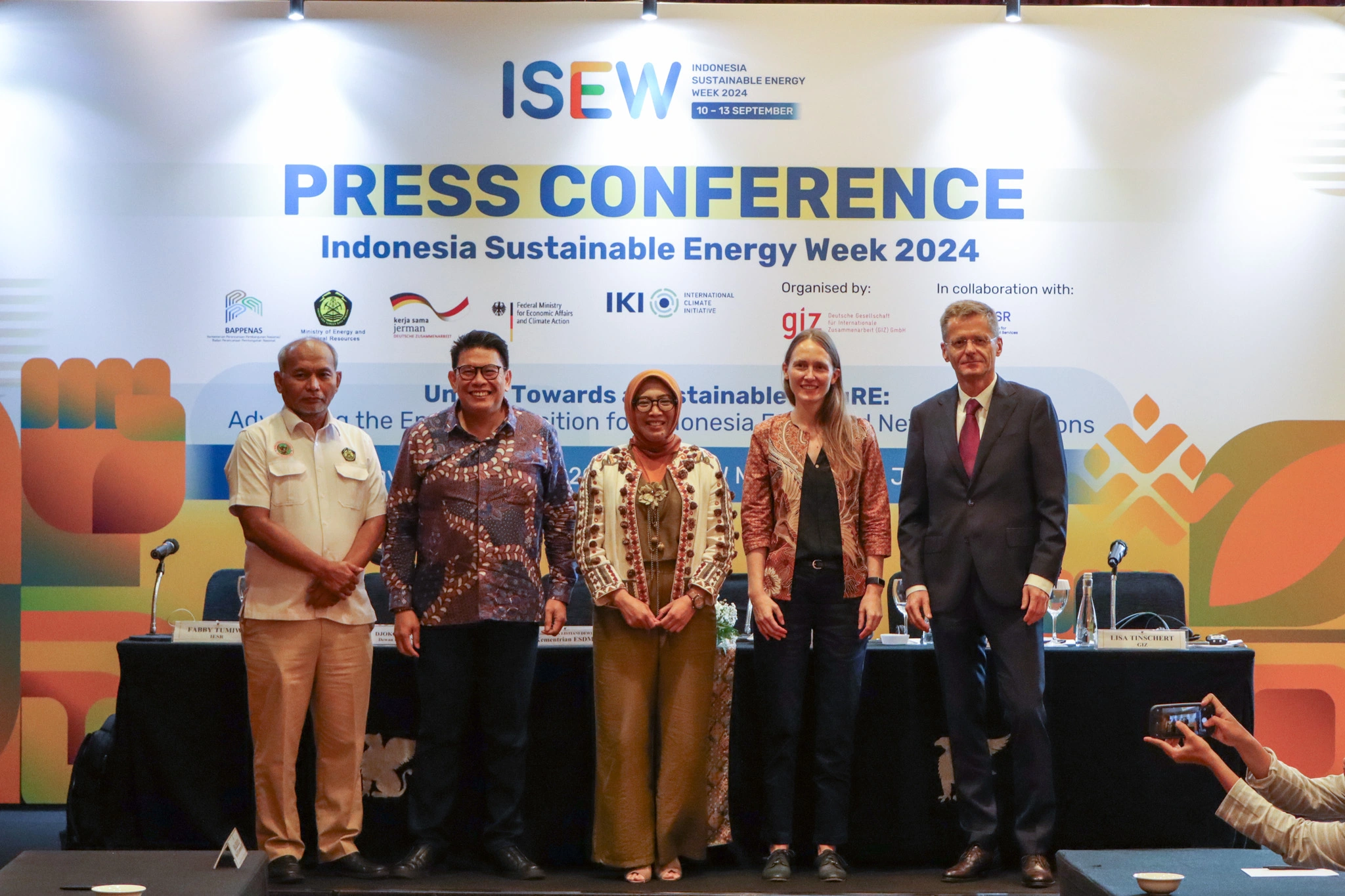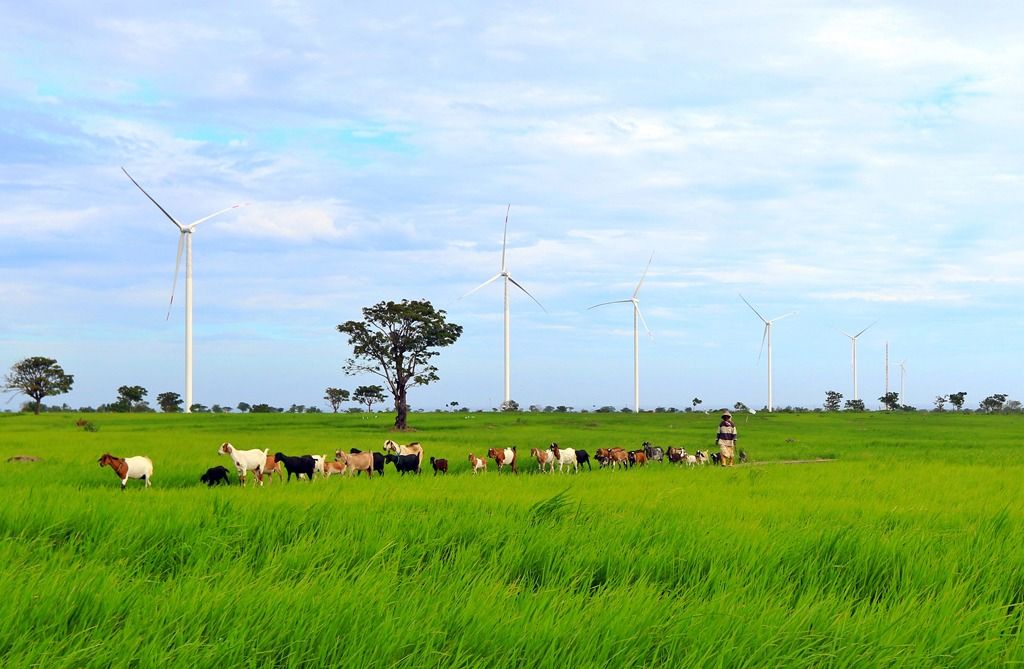Jakarta, 10 September 2024 – The energy transition plays a key role in realizing the vision of a Golden Indonesia 2045, where Indonesia aspires to become a developed country with a sustainable economy balanced with efforts to reduce emissions. Reducing dependence on fossil energy and shifting to renewable energy is an important step in achieving this goal.
Ervan Maksum, Deputy for Facilities and Infrastructure, Bappenas at the opening of the Indonesia Sustainable Energy Week (ISEW) on Tuesday (10/9/2024) emphasized that accelerating an equitable energy transition is key to achieving a Golden Indonesia 2045.
“Indonesia is committed to increasing its ambition in reducing greenhouse gas emissions. For this transition to be successful, cheap and affordable renewable energy must be the focus of future development,” Ervan said.
Eniya Listiani Dewi, Director General of New Renewable Energy and Energy Conservation (EBTKE) at the Ministry of Energy and Mineral Resources, explained that Indonesia has huge renewable energy potential. With a renewable energy potential of around 3.6 GW, only 0.3 percent has been utilized. To maximize this potential, international collaboration is needed.
“There are great opportunities in the development of rooftop solar power plants and floating solar power plants, and a new national electricity strategy roadmap will be developed to maximize the use of renewable energy. With a customized national energy policy, Indonesia has the potential to integrate more than 367 GW of renewable energy by 2060 into the national electricity system,” Eniya said.
Similarly, Thomas Graf, Deputy Chief of Mission, Embassy of the Federal Republic of Germany for Indonesia, ASEAN and Timor Leste emphasized that Indonesia is not alone in this energy transition journey, as countries such as Germany and other partners are ready to support. Through platforms such as the Just Energy Transition Partnership (JETP), Indonesia has secured funding of around USD 20 billion or around Rp 300 trillion for energy transition and decarbonization, of which Germany has contributed around USD 1 billion to JETP projects and USD 2.4 billion to strengthen the sustainable energy sector in Indonesia.
“JETP not only supports the transition to climate-friendly power generation, but also catalyzes innovation and increased added value for the Indonesian economy. This collaboration reflects that accelerating the energy transition not only brings environmental benefits, but is also able to drive inclusive and sustainable economic growth,” Thomas added.
On the other hand, Agus P. Tampubolon, Program Manager of CASE Indonesia, IESR revealed several trends in the narrative of energy transition in Indonesia throughout 2021-2022. First, there is an increasing awareness of the importance of environmental protection, along with efforts to improve the economy. Second, there are still many people who are not familiar with renewable energy and energy transition. Third, there is a significant increase in news coverage of the energy transition from year to year. Fourth, more and more stakeholders are delivering key messages in support of the energy transition. Fifth, new technologies and financial instruments are emerging as accelerators in the energy transition.
“Meanwhile, in 2023, by collecting 531 thousand keywords related to the energy transition from various media articles, this analysis produces a big picture of how the energy narrative is built. The three main actors in the formation of this narrative are political actors, media newsrooms, and social media buzzers. Seeing the growing narrative of energy transition, we see that community involvement in this issue is crucial through various activities that support and spread messages related to the importance of energy transition,” said Agus.


